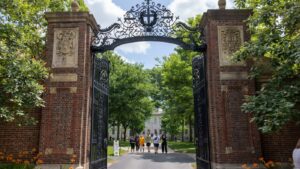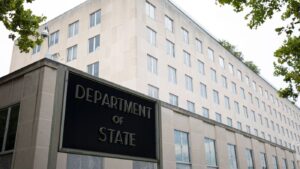The legal standoff between Harvard University and the Trump administration has reached a new level, drawing national attention to the implications for higher education in the United States. A recent decision by the Department of Homeland Security to prohibit international students from attending Harvard has sparked a significant legal battle.
Significant Legal Developments
NPR’s Scott Simon discussed the matter with Laura Meckler, a national education reporter from The Washington Post. During the conversation, it was highlighted that a federal judge has temporarily blocked the Department of Homeland Security’s restriction on international students at Harvard, following the university’s lawsuit in response to the policy.
Background: A Campaign Promise Fulfilled
According to Meckler, the current situation can be traced back to President Trump’s campaign promises. The president had previously criticized universities for promoting “woke policies” and “indoctrination,” and labeled college leaders as “Marxists.” This rhetoric has been followed by numerous federal investigations into universities, focusing on funding and tax-exempt status, with Harvard being a prime target due to its high-profile status and active resistance.
Why Harvard and Columbia?
While many universities host a large number of international students, Harvard and Columbia have been notably targeted. Meckler attributes this focus to ongoing issues of antisemitism at these institutions and Columbia’s role as a center for protest activities, particularly pro-Palestinian movements. For critics within the administration, these universities symbolize broader issues in American higher education.
Universities’ Reactions
In response to the federal actions, universities have adopted varied strategies. Some have accepted funding cuts with measures like layoffs, while others, like Columbia, have engaged in discussions with the administration to restore lost funding. In contrast, Harvard has chosen to pursue legal action to contest the restrictions.
Impact on Higher Education
The broader implications of this conflict are significant. Many colleges are apprehensive about potential investigations and the impact on their policies of diversity and inclusion. As Meckler points out, “There’s a very big climate of fear right now” regarding the legality of such policies.
Long-term Consequences
The ongoing battle could have lasting effects on universities’ ability to conduct research across various fields. As Meckler notes, institutions like Harvard rely heavily on federal grants for research in areas such as medicine, engineering, and science. The potential loss of future funding poses a threat to both the universities and the broader societal benefits derived from their research.
Laura Meckler’s insights offer a glimpse into the challenges facing higher education institutions in light of these federal actions, highlighting the potential repercussions for both the academic community and the nation at large.






